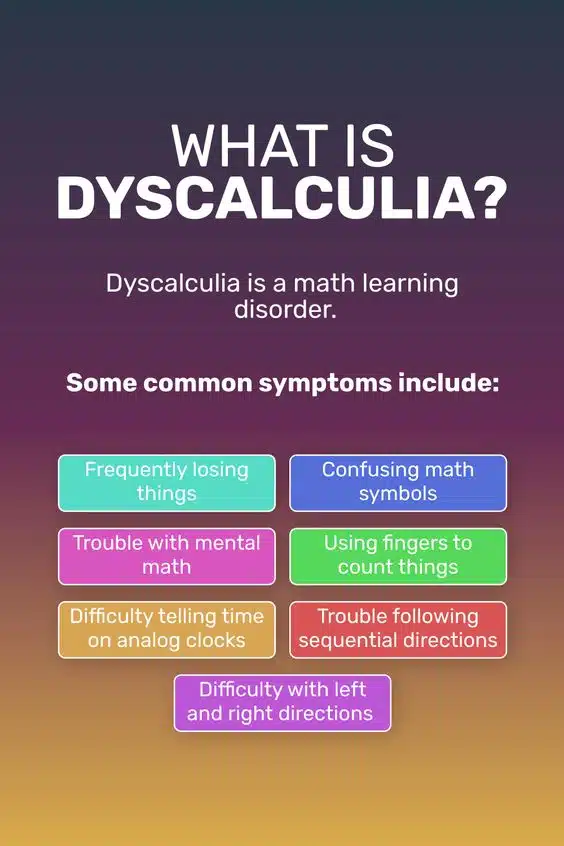Intellectual disability manifests through various symptoms that affect a person’s learning and cognitive abilities. Here are some key points to keep in mind:
- Learning difficulties: Children with intellectual disabilities may struggle with reading, writing, and math.
- Cognitive challenges: They may have trouble comprehending new ideas and remembering information.
- Slow developmental milestones: Intellectual disability can delay a child’s milestones, such as speaking, walking, and social skills.
- Difficulty problem-solving: Problem-solving skills may be impaired, making it challenging to find solutions independently.
- Social and emotional challenges: Children with intellectual disabilities might face difficulties in making friends and understanding social cues.
- Specialized support: Seek assistance from teachers or therapists trained to work with children with special needs.
Understanding these symptoms can help parents and caregivers identify areas where their child may require additional support. Goally, our tablet product, aids kids with intellectual disabilities by offering fun apps for digital visual schedules, AAC, gamified learning, emotional regulation, executive functioning skills, and social skills training videos.
This post was originally published on Feb. 10, 2023. It was updated on July 8, 2023.











